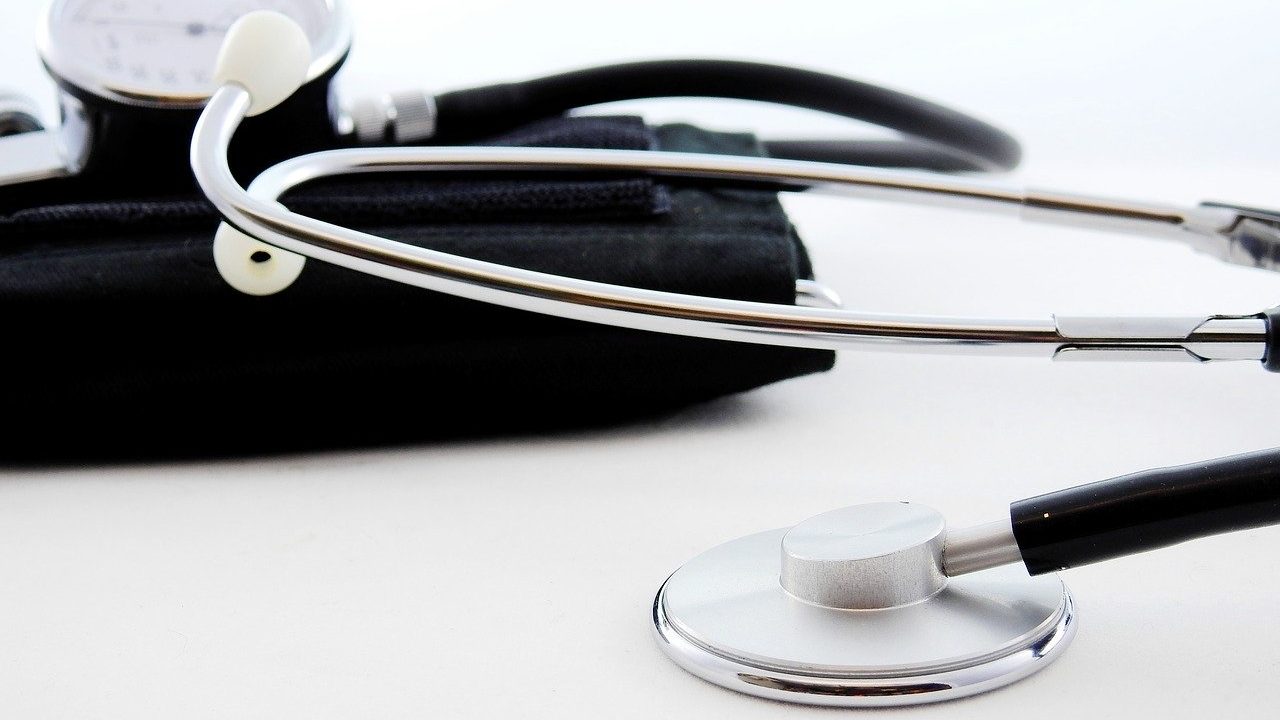Health
Preventing Hypertension
According to the Center for Disease Control (CDC), about one in every three US adults has hypertension, or high blood pressure. That’s roughly 75 million adults. If that statistic isn’t staggering enough, only about half of those adults have their blood pressure under control. Having high blood pressure increases the risks associated with many other illnesses and health problems. For people having their first heart attack, 7 out of 10 have high blood pressure; and for people having their first stroke, 8 out of 10 have high blood pressure.
High blood pressure also contributes to heart failure, kidney disease, and eye disease, to name a few. One of the scariest things about high blood pressure is that you don’t feel it in the way you would other illnesses – the majority of people have no symptoms at all and symptoms don’t typically appear until your blood pressure is extremely high. There are things that put you at risk for high blood pressure that you can’t change – like age, race, and gender. But this makes it very important to change what you can to decrease your risks of developing it. Here are some steps you can take to prevent high blood pressure and improve your health overall:
• Eat a healthy diet: This will help prevent diseases in general, but it is especially important in maintaining healthy blood pressure. You should be eating lots of fruits and vegetables, plus whole grains. Eating less saturated and trans fats will also benefit you. The American Heart Association (AHA) recommends the Dietary Approaches to Stop Hypertension (DASH) diet to prevent high blood pressure and there are many articles relating to this diet available online!
• Watch your salt intake: This plays a huge role in high blood pressure and weight gain in general. The AHA and CDC both recommend keeping your daily salt intake to less than 1,500 mg, including the salt you add to your food. Processed foods typically have a lot of salt in them, so it’s good to stick to whole foods in your diet.
• Get some exercise: Regular physical activity can help lower your blood pressure, along with helping decrease stress and maintaining overall health. The Mayo Clinic recommends 150 minutes of moderate activity per week or 75 minutes of vigorous activity per week. It’s a great idea to have a combination of moderate and vigorous activity combined with some weight training to get the maximum benefits.
• Maintain a healthy weight: All of the above will help you maintain a good weight and losing even 5 lbs can help lower your blood pressure. People who are overweight or obese have a high risk of developing high blood pressure, so keeping your weight at a healthy level is important.
• Don’t smoke: Cigarette smoking raises your blood pressure and also increases your risks of heart attack and stroke. Tobacco causes damage to the walls of your blood vessels and causes them to harden, which puts you at risk of many diseases. If you smoke, talk with your doctor about developing a plan to quit and stick to it!
• Limit alcohol: Alcohol also increases your blood pressure and when consumed a lot can cause damage to other organs, like your liver, as well. If you drink, do so in moderation and don’t overdo it.
References
www.cdc.org
www.heart.org
www.mayoclinic.org
By Joey Guz














